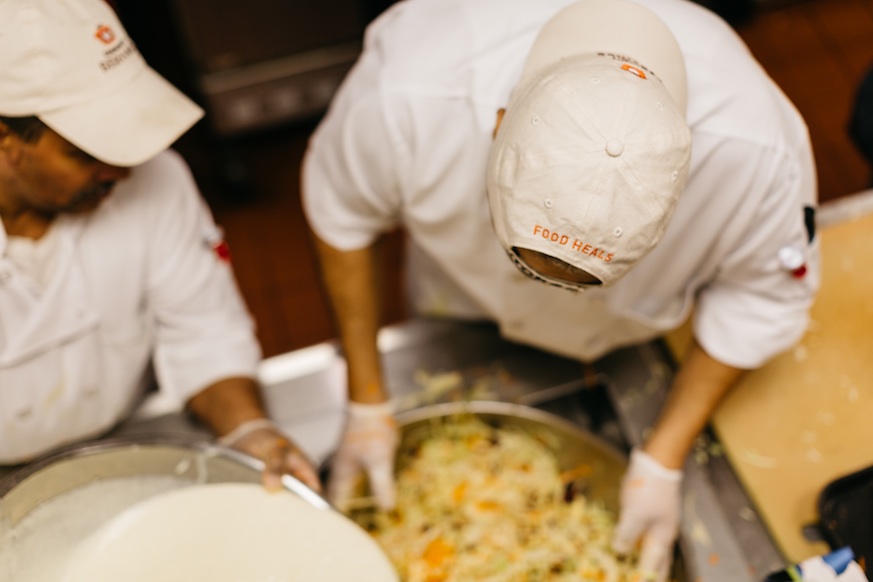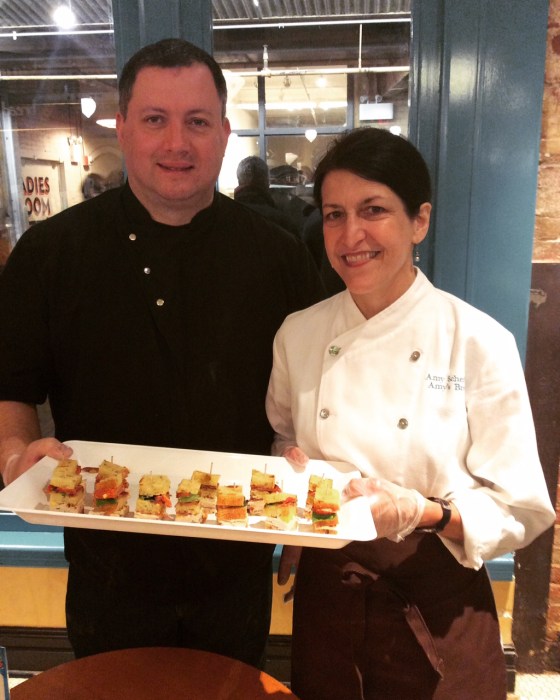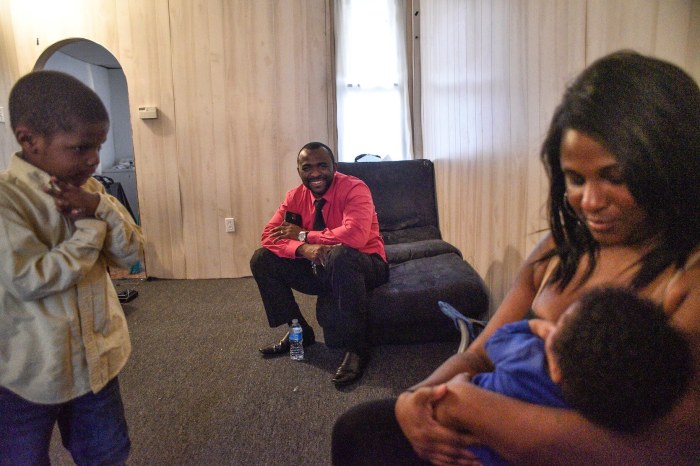The idea of using food as medicine is more than a burgeoning trend — it’s a proven benefit, at least when it comes to the medically-tailored meals provided by Community Servings.
The Jamaica Plain nonprofit that provides meals to homebound and critical ill residents in Greater Boston, modifying those meals to meet individual medical needs, like providing foods low in vitamin K for someone on blood thinners or specific meals for those with diabetes.
On average, Community Servings provides its meals to about 1,300 people daily but even more are on a waiting list, said Tim Leahy, chief development officer at the nonprofit. They’re working to address that, though, with a new 31,000-square-foot expansion.
“The first and really important thing that we’re going to be able to do is increase the number of meals that we’re producing,” Leahy said. “Right now, it’s around 550,000, but this building will allow us to triple that to 1.5 million meals on an annual basis.”
More meals means even more people will be able to benefit. An April study on Community Servings found that those critically or chronically ill residents who received these medically-tailored meals saw a 16 percent drop in their healthcare costs.

“You go to the hospital less often, you use an ambulance less frequently and are admitted less often — all lower if you’re receiving our meals,” Leahy said.
And that’s not all for the expansion, dubbed the “Food Campus.” The $21 million venture currently under construction will feature multiple kitchens to provide an array of services. One will host nutrition education classes for clients and their caregivers, another will provide more space for volunteers in a “family-friendly” environment that is safe for children and those with developmental disabilities.
Yet another area will be designated for baking desserts, and finally, one section will be home to a Food & Health Policy Center, meant to focus on research into these medically-tailored meals. Through this, Leahy hopes, others organizations around the country will be able to replicate the Community Servings program.
“Major cities, they all have programs like ours, but if you’re not in one of those communities, there’s no one to serve you,” he said. “So instead of getting care in home, you might go to a nursing home instead of being home where you want to be.”
The Food Campus is expected to take 15 months to build, with workers and volunteers hoping to move in in Fall of 2019. Though Leahy wishes the expansion could have happened years ago, “knowing that we have people waiting for meals is heart-wrenching,” he said — he’s excited that it’s finally underway, so Community Servings can expand its reach.
























